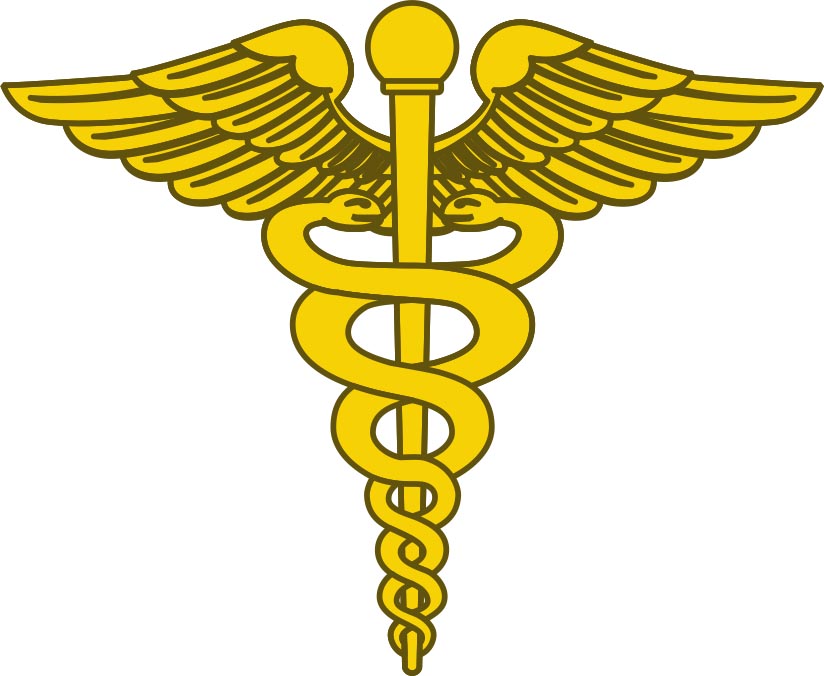 With over 40 medical specialties, including internal medicine, neurosurgery, pathology,
andpsychiatry, the Army Medical Corps delivers world-class healthcare to soldiers
and their families. Medical officers serve in three key areas: With over 40 medical specialties, including internal medicine, neurosurgery, pathology,
andpsychiatry, the Army Medical Corps delivers world-class healthcare to soldiers
and their families. Medical officers serve in three key areas: |
- Operational Medicine: Providing healthcare in field environments during military
operations.
- Clinical Medicine: Practicing in Army hospitals, clinics, and medical centers worldwide.
- Research Medicine: Conducting innovative research to advance military medicalpractices.
This diverse corps offers exciting opportunities for specialization, leadership, and
making a real
difference in the future of healthcare for soldiers.
Learn more about the Army Medical Corps here.
|
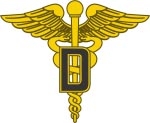 The Army Dental Corps ensures soldiers are fit and ready for service by providing
top-tier dental care. It offers training in 10 dental specialties, including: The Army Dental Corps ensures soldiers are fit and ready for service by providing
top-tier dental care. It offers training in 10 dental specialties, including: |
- General Dentistry
- Comprehensive Dentistry
- Periodontistry
- Endodontistry
- Prosthodontistry
- Pediatric Dentistry
- Public Health Dentistry
- Orthodontistry
- Oral and Maxillofacial Surgery
- Oral and Maxillofacial Pathology
With modern facilities and a focus on clinical excellence, the Army Dental Corps is
a leader in dental residency training.
Learn more about the Army Dental Corps here.
|
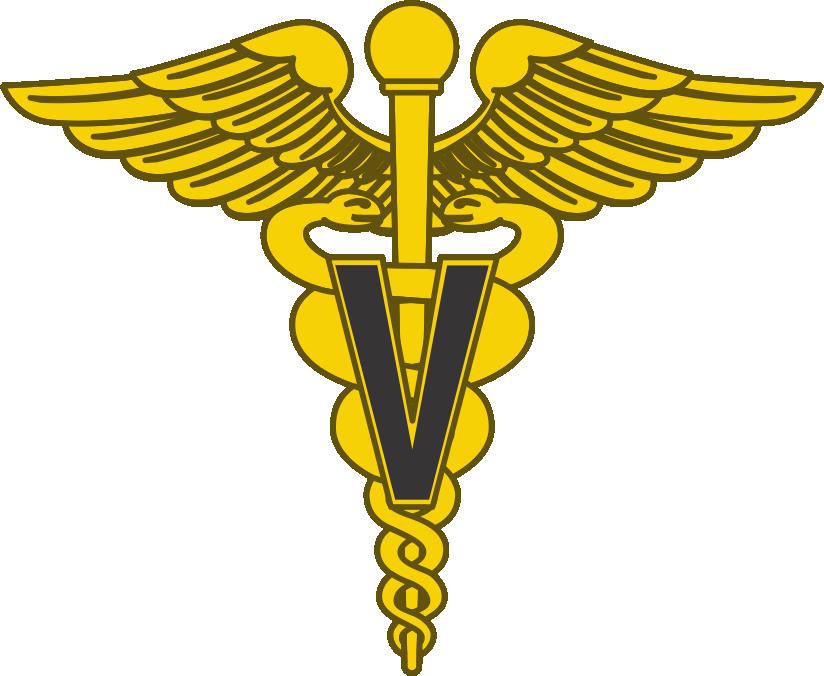 The Army Veterinary Corps plays a vital role in preventing disease, ensuring the health
of military working animals, and supporting public health. Veterinary officers specialize
in: The Army Veterinary Corps plays a vital role in preventing disease, ensuring the health
of military working animals, and supporting public health. Veterinary officers specialize
in: |
- Veterinary Preventive Medicine
- Laboratory Animal Medicine
- Veterinary Pathology
- Veterinary Comparative Medicine
- Veterinary Clinical Medicine
Veterinary officers also care for pets belonging to military families and manage programs
that promote the health of military animals.
Learn more about the Veterinary Corps here.
|
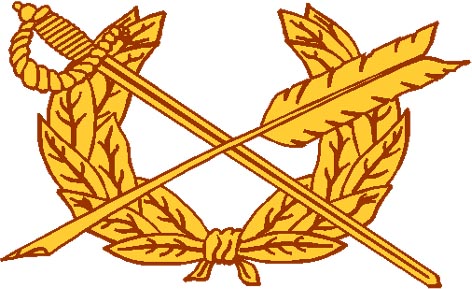 JAG officers serve as Army lawyers, providing legal support to soldiers and the Army
as a whole. They work as prosecutors, defense attorneys, and advisors on military
justice, administrative law, and international law. JAG officers must be graduates
of accredited law schools and play a crucial role in ensuring legal compliance within
the Army. JAG officers serve as Army lawyers, providing legal support to soldiers and the Army
as a whole. They work as prosecutors, defense attorneys, and advisors on military
justice, administrative law, and international law. JAG officers must be graduates
of accredited law schools and play a crucial role in ensuring legal compliance within
the Army. |
Learn more about JAG here.
|
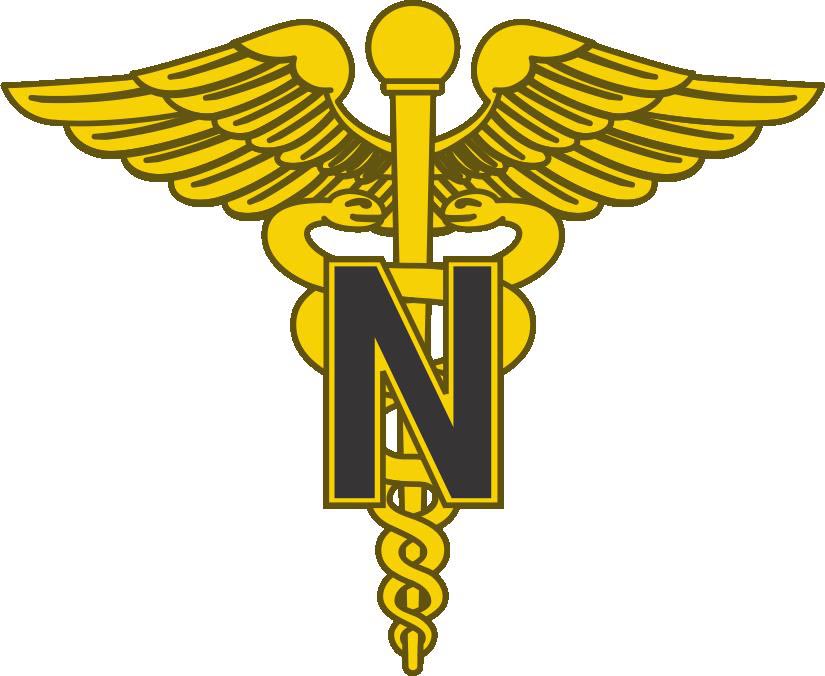 The Army Nurse Corps is made up of more than 11,000 nurses who provide exceptional
healthcare to soldiers, families, and retirees. ANC officers are trained in:
The Army Nurse Corps is made up of more than 11,000 nurses who provide exceptional
healthcare to soldiers, families, and retirees. ANC officers are trained in: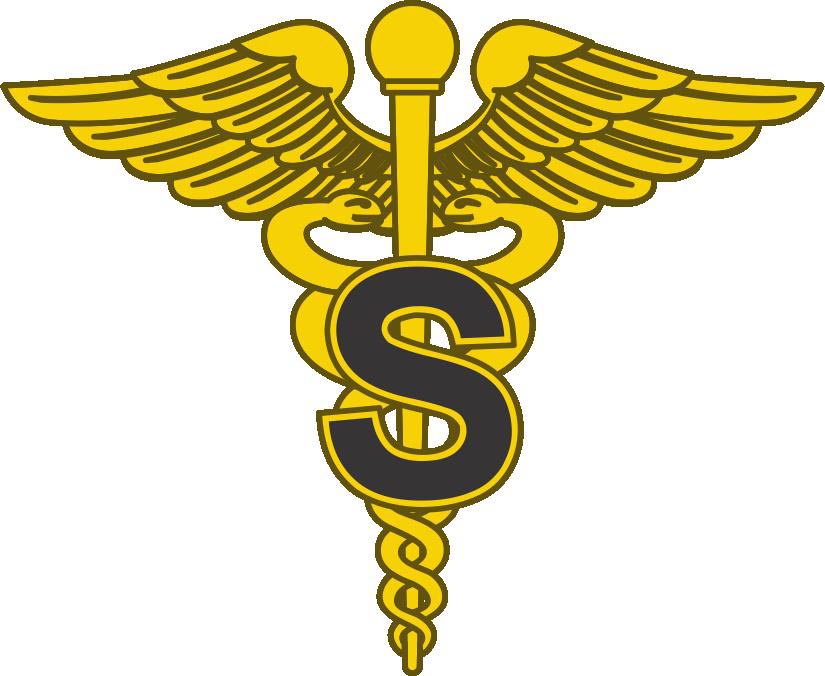 The Medical Service Corps is one of the Army's most diverse branches, supporting the
Army's health system through specialties like:
The Medical Service Corps is one of the Army's most diverse branches, supporting the
Army's health system through specialties like: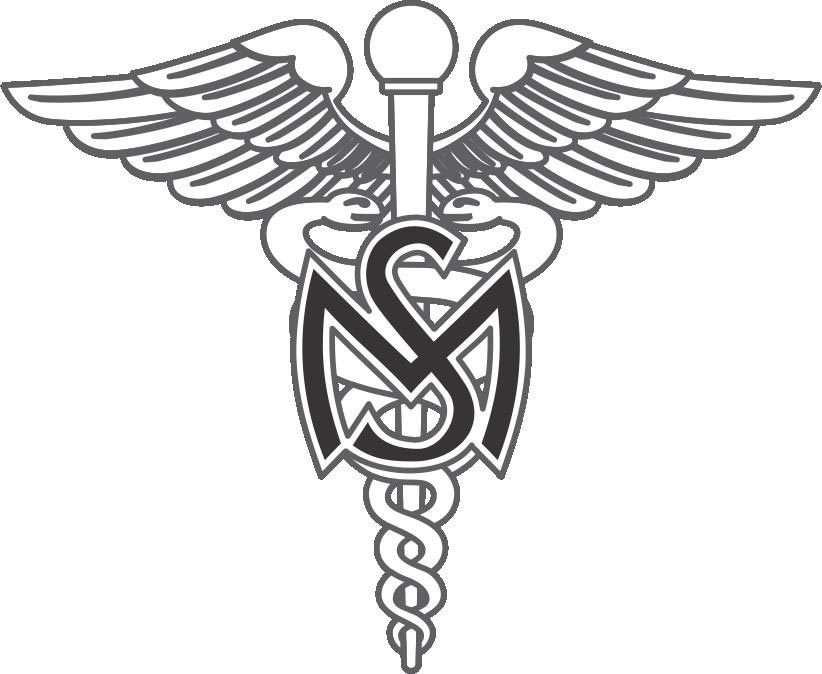 The Medical Specialist Corps
The Medical Specialist Corps  With over 40 medical specialties, including internal medicine, neurosurgery, pathology,
andpsychiatry, the Army Medical Corps delivers world-class healthcare to soldiers
and their families. Medical officers serve in three key areas:
With over 40 medical specialties, including internal medicine, neurosurgery, pathology,
andpsychiatry, the Army Medical Corps delivers world-class healthcare to soldiers
and their families. Medical officers serve in three key areas: The Army Dental Corps ensures soldiers are fit and ready for service by providing
top-tier dental care. It offers training in 10 dental specialties, including:
The Army Dental Corps ensures soldiers are fit and ready for service by providing
top-tier dental care. It offers training in 10 dental specialties, including: The Army Veterinary Corps plays a vital role in preventing disease, ensuring the health
of military working animals, and supporting public health. Veterinary officers specialize
in:
The Army Veterinary Corps plays a vital role in preventing disease, ensuring the health
of military working animals, and supporting public health. Veterinary officers specialize
in: JAG officers serve as Army lawyers, providing legal support to soldiers and the Army
as a whole. They work as prosecutors, defense attorneys, and advisors on military
justice, administrative law, and international law. JAG officers must be graduates
of accredited law schools and play a crucial role in ensuring legal compliance within
the Army.
JAG officers serve as Army lawyers, providing legal support to soldiers and the Army
as a whole. They work as prosecutors, defense attorneys, and advisors on military
justice, administrative law, and international law. JAG officers must be graduates
of accredited law schools and play a crucial role in ensuring legal compliance within
the Army.
 All Rights Reserved
All Rights Reserved